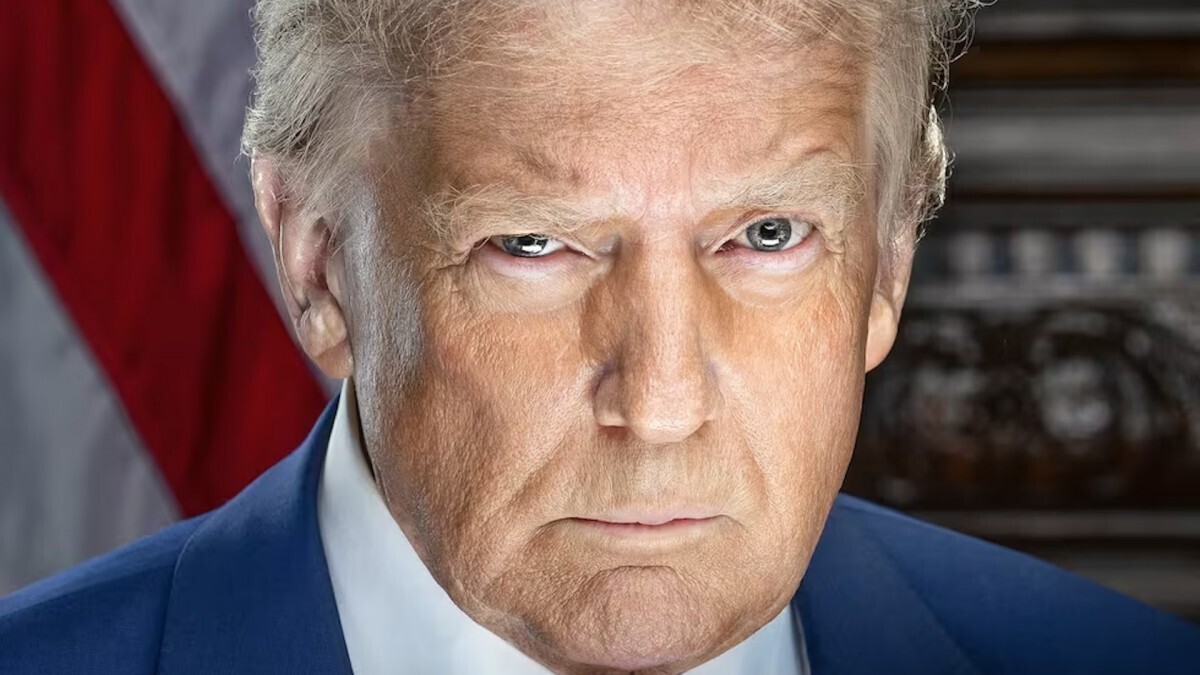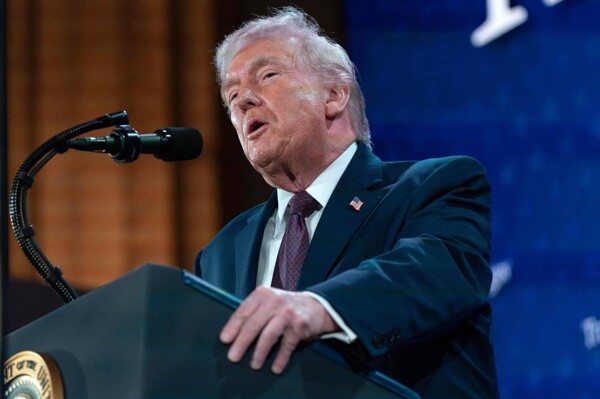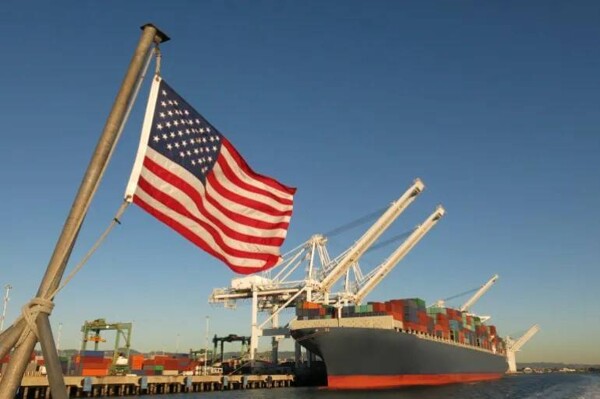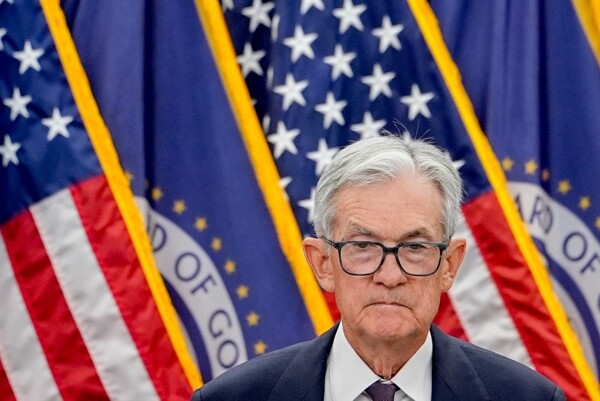
The drastic increase in public debt has allowed the richest 5% of the population to multiply their wealth three times more than the rest. This favorable scenario for the powerful has led many sectors of financial capital in the United States to lean towards Trumpism, abandoning the traditional globalism of the Democrats. Although the country lost its economic advantage a long time ago, it seems unlikely that it can replicate it in the face of the emergence of Asian power.
Trump promotes increasing subsidies for industry and reducing taxes for companies that relocate to the country and restructure their supply chains. Funding for the remodeling of local industry is expected to be possible through the funds raised from tariffs. However, the key for this productive transformation to succeed is to maintain the preeminence of the dollar as the international monetary standard.
The coercive economic policies promoted by Trump, such as sanctions, tariffs, and coercion, seek to revitalize the position of the American empire. This approach conflicts with globalist entrepreneurs who prioritize business abroad. If Trump fails to demonstrate power against his competitors, the strengthening of the dollar could have reverse effects.
In the midst of this scenario, the President of the United States is preparing to increase the already gigantic fiscal deficit, which is financed with dollar bonds. Trump seeks to bury the idea of green capitalism in favor of extractive industries such as oil, gas, and coal, thus satisfying his financiers.
Additionally, Trump aims to promote the relocation of companies to U.S. territory, although this would also bring processes of automation that reduce jobs. The American president shows no qualms about promoting activities that affect the environment. His strategy is to focus on protectionism and private investment to generate jobs and wealth, while cutting public works and state employment.
Trump faces the possibility of an opposite course if he fails to compete effectively with his contenders and if the strengthening of the dollar hinders exports. This situation would affect the reversal of the trade deficit and the reorganization of local production. The president bets on policies that favor American capitalists, although this may conflict with the productive reorganization that the country needs.
The trade confrontation in which the United States finds itself may end up harming the country more than its competitors, especially in a context where more and more actors seek to de-dollarize the global economy. Trump's protectionist approach could generate inflationary and climatic challenges, adding additional pressures to the U.S. economy.














